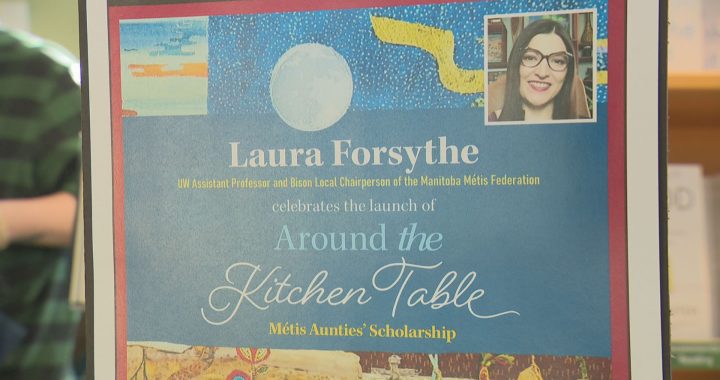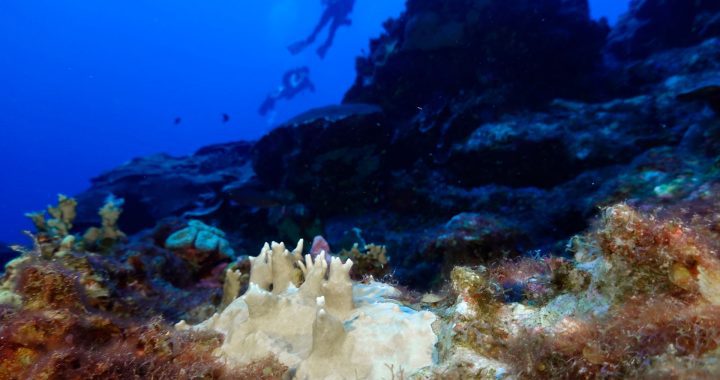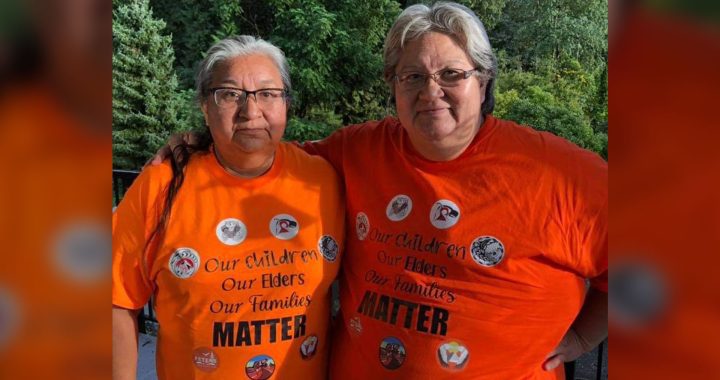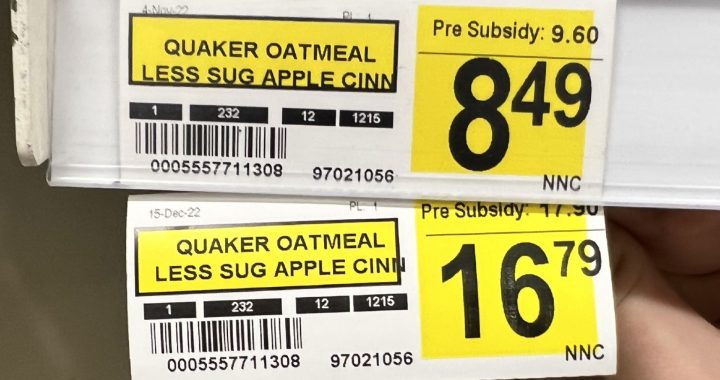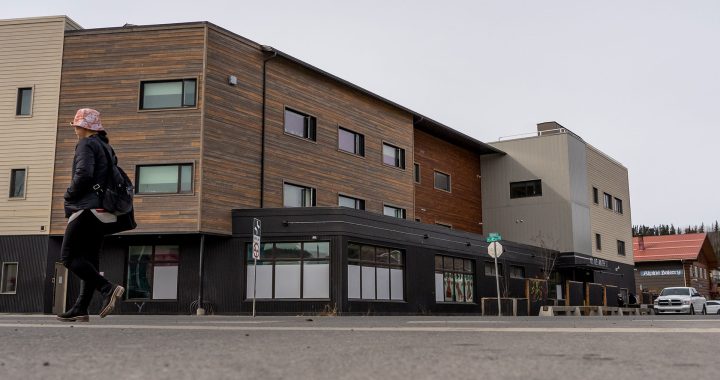The Canadian Press
OTTAWA _ Much more needs to be done to confront the crime of sexual abuse of children in Indigenous communities, says Prime Minister Justin Trudeau, who anticipates the national inquiry into missing and murdered Indigenous women and girls will reveal “huge issues” that must be addressed.
“I think part of what that national inquiry is going to reveal is there are deep challenges that we have to address that go beyond just lack of adequate policing or enforcement or justice systems,” Trudeau said during a year-end roundtable interview with The Canadian Press.
“There are huge issues that we have to work with as partners with Indigenous leadership, Indigenous communities.”
The issue of missing and murdered women is a symptom of a constellation of social ills but a dominant theme is rampant childhood sexual abuse, say victims – including 59-year-old Bernie Williams, who wants the inquiry’s commissioners to confront head-on what many say has been an open secret in Indigenous communities for decades.
Williams has spent more than 30 years on Vancouver’s Downtown Eastside raising awareness about the tragic phenomenon sure to dominate headlines again in 2017 when inquiry hearings finally get underway in earnest.
Five commissioners, including B.C.’s first female First Nations judge Marion Buller, will carry out the study expected to last at least two years and cost $53.8 million.
Williams considers herself “living proof” after surviving a childhood marked by sex abuse in B.C.’s Old Massett Village, a Haida community, that started when she was just three. Her mother, also an abuse victim, was slain in Vancouver, she added.
“Why has it taken all these years to get it that there’s something going wrong and it is in our backyard, in our reserves, in our villages?” Williams said.
“Domestic violence, it is very prevalent … Children are still getting abused, whether it is sexually, emotionally, physically.”
Williams says she was hauled into the sex trade at 11 years old and forced to drunkenly perform sexual acts for men at a hotel in Prince Rupert, B.C., after fleeing foster care _ a system rife with alarming rates of sexual violence, according to the office of British Columbia’s representative for children and youth.
The office found at least 121 young people, including a highly disproportionate number of Aboriginal girls, were victimized while in government care between 2011 and 2014.
Justice Minister Jody Wilson-Raybould said sexual violence came up at every pre-inquiry session she attended as the federal government solicited input on how best to proceed with the inquiry.
“Survivors would talk about their experiences when they were younger, living in a remote community,” Wilson-Raybould said in an interview.
“If something had happened to them, or they were sexually abused by a relative or somebody in the community, they didn’t feel that they had an outlet or somewhere they could go and report it.”
As both a former prosecutor and B.C. regional chief for the Assembly of First Nations, Wilson-Raybould is well aware of the chronic violence and abuse that can plague Indigenous women throughout their lifetimes.
She is also keen to explore ways to confront such crimes through restorative justice _ a holistic approach based on the traditional practices of Indigenous cultures.
“I recognize the incredible opportunity that I have to be able to empower individual communities to take back control and to recognize … when their community members get involved in criminal activity for whatever reasons that generally speaking, communities that know that person know better solutions, more culturally appropriate solutions.”
Wilson-Raybould also has a message for victims.
“Know that you are not alone,” she said. “Nobody can take your voice from you or your power from you and the way to get it back is to speak up.”
As part of a months-long investigation by The Canadian Press, a number of victims shared personal stories of abuse, and Indigenous leaders including AFN National Chief Perry Bellegarde and Nishnawbe Aski Nation Grand Chief Alvin Fiddler called on their fellow chiefs to confront the issue within their communities.
Fiddler, whose organization represents 49 of Ontario’s First Nation communities, said there appears to be a direct link between alleged sexual abuse on northern Ontario reserves and a number of recent suicides involving girls.
Violence in communities remains a taboo subject, but people must “be brave about it,” said Sheila North Wilson, a grand chief of an organization representing First Nations in northern Manitoba who has spoken about her own experience with domestic abuse.
“It is happening,” she said. “We have to admit and start forgiving and working toward reconciliation ourselves on issues like that.”
Admitting the truth is key to helping Indigenous communities repair, Williams said.
“We can’t keep hiding this,” she said. “We need to protect our babies out there.”




